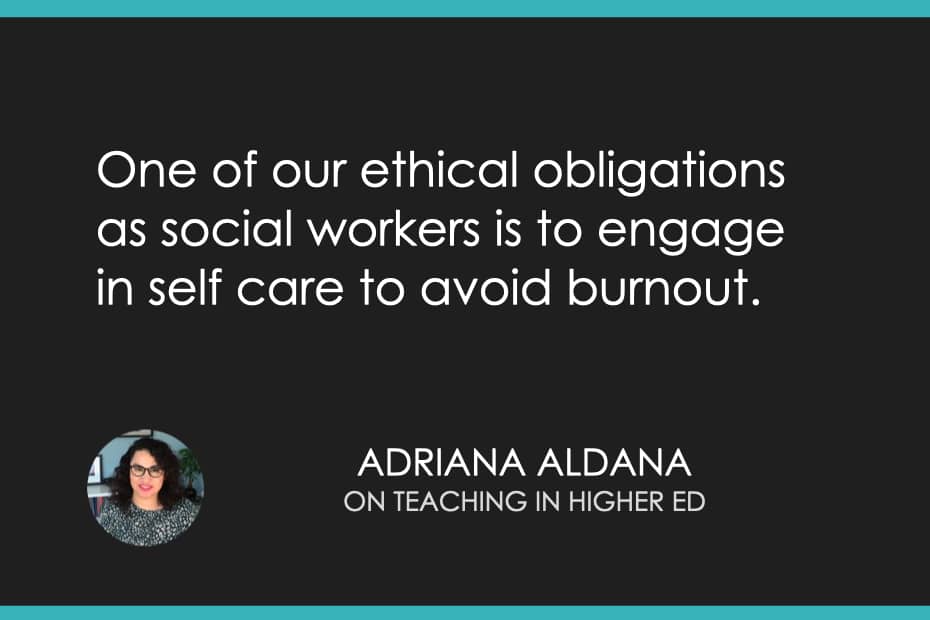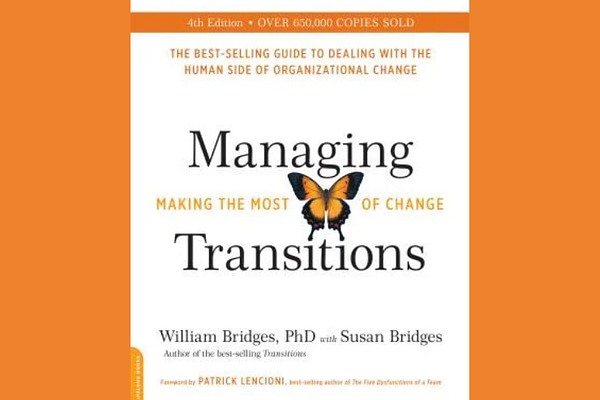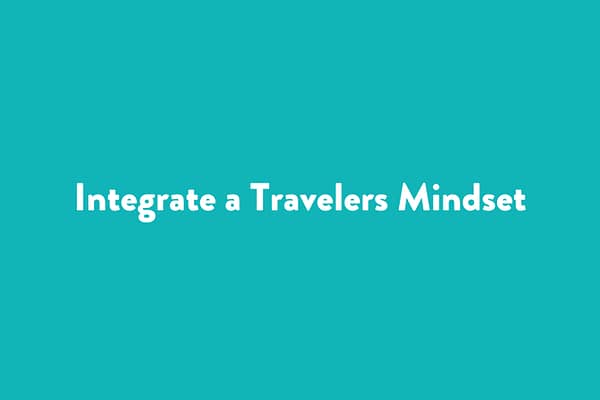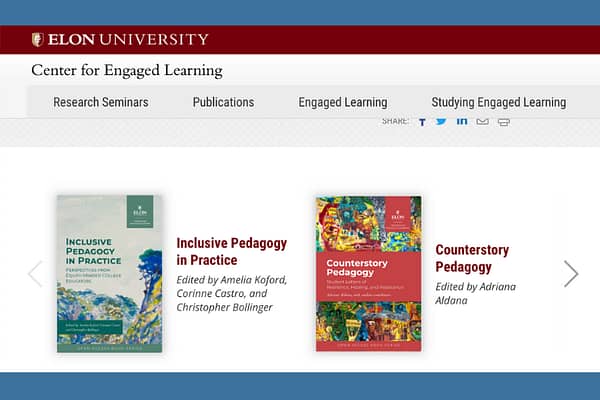Podcast (tihe_podcast):
Play in new window | Download | Transcript
Subscribe: Apple Podcasts | Spotify | RSS | How do I listen to a podcast?
Adriana Aldana shares about Counterstory Pedagogy: Student Letters of Resilience, Healing, and Resistance on episode 582 of the Teaching in Higher Ed podcast.
Quotes from the episode

One of our ethical obligations as social workers is to engage in self care to avoid burnout.
-Adriana Aldana
Their voice really comes through in the letter format in ways that I don't see in other forms of writing. I encourage them to loosen up a little bit with what they think I am expecting them to write about or how to write.
-Adriana Aldana



